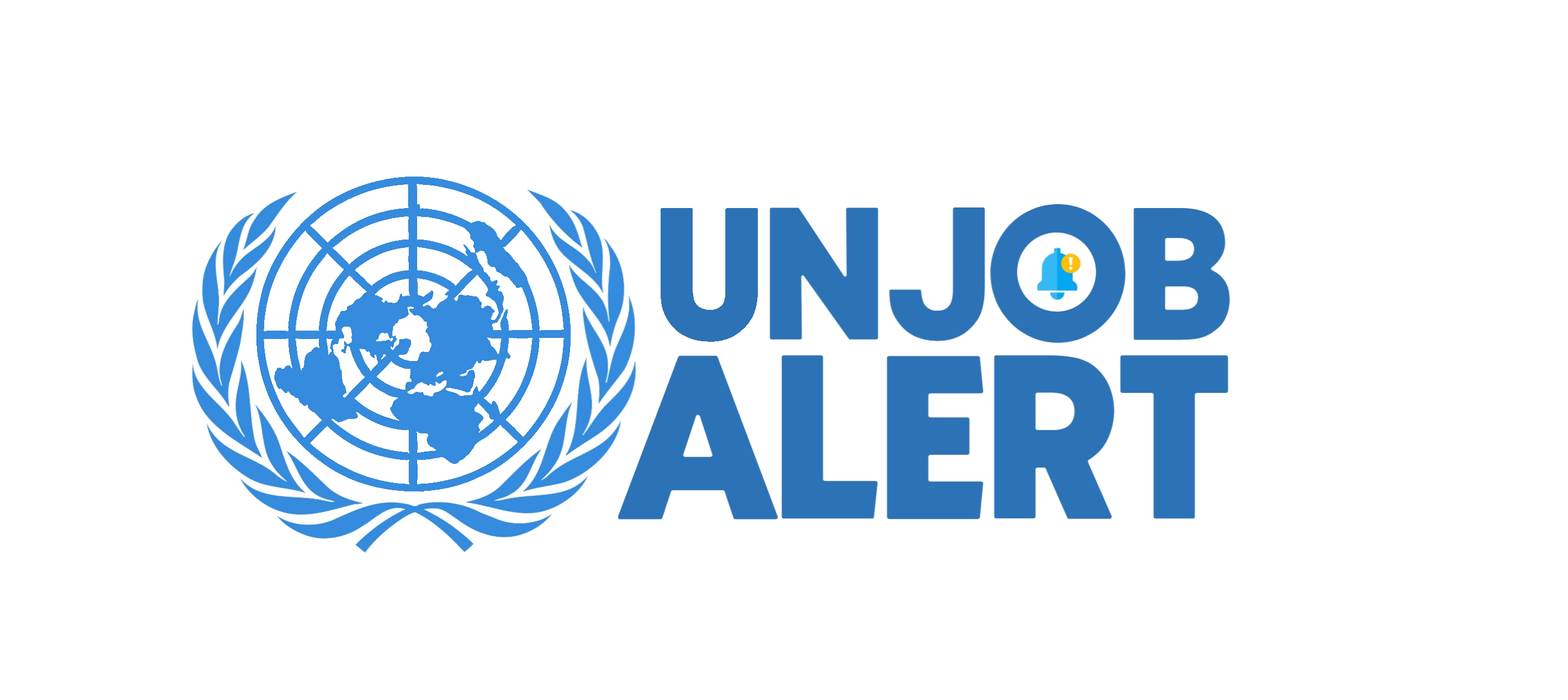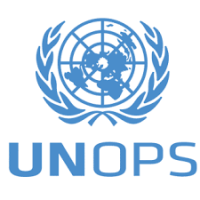What does UNICEF do?
UNICEF (the United Nations Children’s Fund) is a United Nations agency responsible for providing humanitarian and developmental assistance to children worldwide. Its main focus is on improving the well-being of children and their families, particularly in developing countries. Here are some of the key areas of UNICEF’s work:
- Health and Nutrition: UNICEF works to improve children’s health and nutrition by providing vaccines, supporting healthcare systems, promoting breastfeeding, and addressing malnutrition.
- Education: UNICEF works to ensure that every child has access to quality education, particularly girls and children from marginalized communities.
- Child Protection: UNICEF works to protect children from violence, abuse, exploitation, and discrimination, and provides support to children who have been affected by conflict, disaster, or other emergencies.
- Water, Sanitation, and Hygiene: UNICEF works to ensure that children and families have access to safe drinking water, sanitation, and hygiene facilities, particularly in communities affected by poverty, conflict, or natural disasters.
- Emergency Response: UNICEF responds to emergencies and humanitarian crises around the world, providing life-saving assistance and support to children and families affected by conflict, natural disasters, and other crises.
- Advocacy and Partnerships: UNICEF advocates for policies and programs that promote the rights and well-being of children, and works with governments, civil society organizations, and other partners to achieve its goals.
UNICEF’s mission is to promote the rights and well-being of every child, in every country, regardless of their background or circumstances.


 0
0